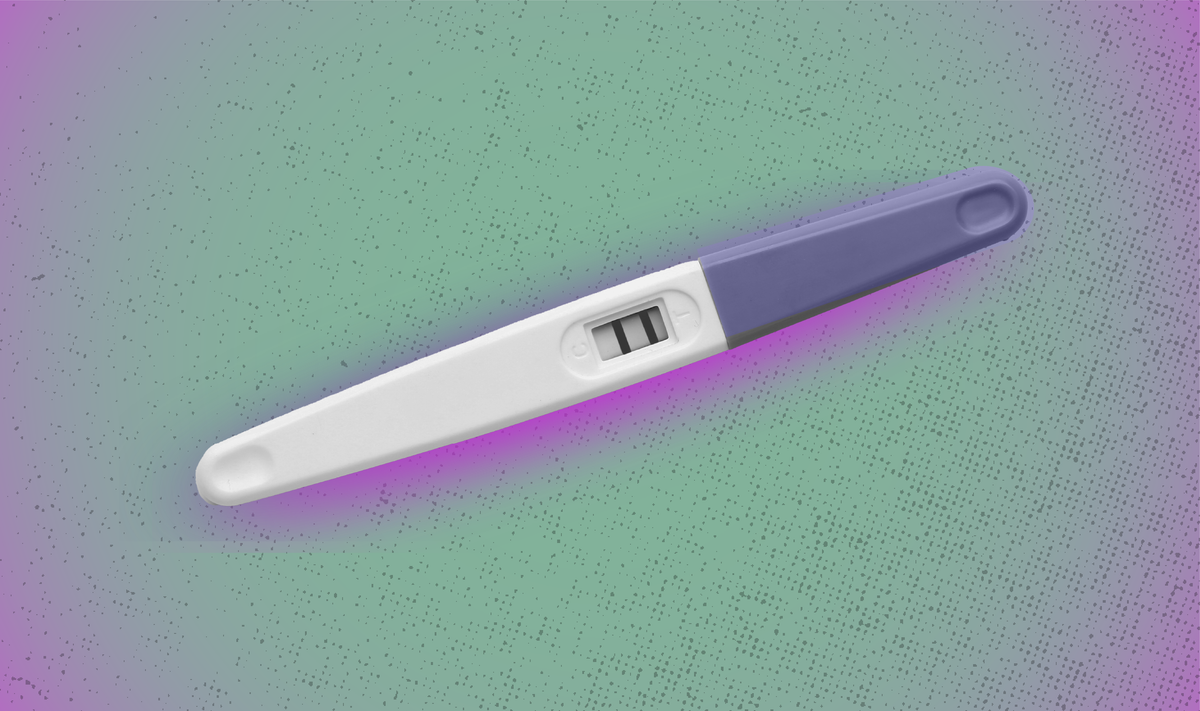Celebrity’s maternal health advocacy award reignites debate about postpartum depression
Plus, allegations that a Virginia public school social worker helped a minor student obtain an abortion stoked conversation about parental consent.

Plus, allegations that a Virginia public school social worker helped a minor student obtain an abortion stoked conversation about parental consent.
Last week, the city of Los Angeles and a local nonprofit honored an actress who spoke openly about her experience with postpartum depression, sparking debate about whether the mental health condition is real. Plus, reports about a Virginia school social worker allegedly helping a minor get an abortion generated discussion about parental consent for reproductive health care, and a Texas woman’s lawsuit against an abortion pill supplier fueled concern about medication abortion access.
In light of these discussions, communicators may recirculate information about PPD, share reproductive health care resources for minors, and explain how people can access abortion pills in their state.

Insights brought to you by the reporters and science writers of Public Good News (PGN), a nonprofit newsroom dedicated to improving community health.
What’s trending nationally in conversations about reproductive health:
On August 16, actress Halle Bailey was given a maternal health advocacy award for speaking out about PPD and maternal health. In response, some social media posts celebrated Bailey for sharing her struggles and representing Black mothers. Others suggested that she used PPD to excuse alleged abusive behavior against her former partner, and some falsely claimed that PPD is not real.
Last week, Virginia’s governor ordered an investigation into allegations that a Fairfax County Public Schools social worker helped a minor student get an abortion without parental consent and paid for it with school funds. Fairfax County Public Schools does not require staff to inform parents if they discuss abortion with students. In response to social media posts sharing articles about the allegations, commenters discussed states’ laws impacting minors’ access to reproductive health care. While some said that minors should be able to access services like birth control, testing and treatment for sexually transmitted infections, and abortion without parental consent, others argued that parents should always be involved in minors’ reproductive health care.
Recent articles reported that a Texas woman is suing her former partner and Aid Access, an abortion pill supplier, after her former partner allegedly spiked her drink with abortion pills, terminating her pregnancy. Some social media users argued that abortion pill suppliers should be held accountable if their pills are misused. Others expressed concern that a lawsuit targeting an abortion pill supplier could further limit access to medication abortion.

Recommendations brought to you by the health communication experts behind Infodemiology.com.
Recommendations for public health professionals
Each week, the Infodemiology.com team will provide messaging recommendations in response to some of the trending narratives outlined above. These helpful tips can be used when creating content, updating web and FAQ pages, and developing strategy for messaging about reproductive health.
Online conversations about PPD often falsely suggest that it is not a real mental health condition. Messaging may emphasize that PPD is a serious, potentially life-threatening mental health condition that impacts about one in eight people who give birth in the U.S. Communicators may want to outline symptoms and treatment options. Messaging may note that new parents who did not give birth, including cisgender men, may experience PPD symptoms after a partner gives birth or after adopting a baby. Communicators may also want to share free and low-cost mental health resources for pregnant and postpartum people, including sliding scale therapy, support groups, local mental health centers, the National Maternal Mental Health Hotline, and the Postpartum Support International HelpLine.
Conversations about reproductive health care for minors provide an opportunity for communicators to share information about their state’s parental consent and notification laws impacting access to birth control, STI testing and treatment, and abortion. Communicators may also want to share comprehensive sex education resources for youth and their caregivers and information about local clinics offering reproductive health care.
In response to online conversations about access to abortion pills, communicators may recirculate resources like AbortionFinder.org, which helps people find reputable abortion providers, and Plan C, which offers information about accessing abortion pills in every state. Ensuring that all materials outlining local abortion laws are up to date is recommended. Messaging may also direct people to the Repro Legal Helpline, a free resource that connects people with lawyers who can answer questions about abortion, miscarriage, and birth.
